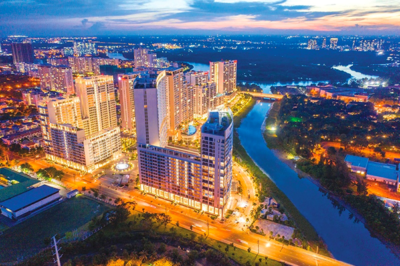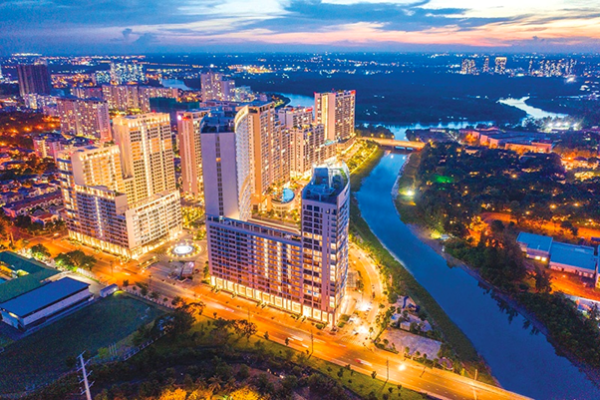TACHAN
- 8 August, 2023
- by Admin
Overcoming Challenges Faced by Foreign Investors in the Vietnamese Construction Industry
Investing in the Vietnamese construction industry can be a lucrative venture for foreign investors. However, it comes with its fair share of challenges. In this post, we will discuss effective strategies to overcome the obstacles faced by foreign investors in the Vietnamese construction industry, enabling them to navigate the market successfully and maximize their investment potential.
Develop a Strong Local Network:
Building a robust local network is essential for foreign investors to overcome challenges in the Vietnamese construction industry. Collaborating with reputable local partners, such as legal and consulting firms, can provide invaluable insights into the regulatory environment, help navigate legal complexities, and establish strong relationships with key stakeholders. Local partners can also offer guidance on cultural norms and business practices, aiding in smoother operations and fostering trust.
Conduct Thorough Due Diligence:
Thorough due diligence is crucial when investing in the Vietnamese construction industry. It is essential to assess the legal and regulatory framework, understand the market dynamics, and evaluate potential risks and opportunities. Engaging experienced professionals who are well-versed in Vietnamese construction laws and regulations can help investors identify and address any legal or compliance issues upfront, reducing the likelihood of future complications.
Seek Government Support and Incentives:
Foreign investors can leverage government support and incentives to overcome challenges in the Vietnamese construction industry. The Vietnamese government has implemented various initiatives to attract foreign investment, including tax incentives, streamlined approval processes, and preferential treatment for certain industries and regions. Engaging with government agencies and understanding available incentives can help investors navigate the regulatory landscape more efficiently.

Invest in Workforce Development:
The shortage of skilled labor in the Vietnamese construction industry can be a significant challenge for foreign investors. To overcome this, investors should consider investing in workforce development initiatives. Collaborating with local vocational training institutions, universities, and industry associations can help establish training programs that address the specific skill gaps in the industry. By developing a skilled workforce, investors can mitigate project delays and enhance productivity.
Embrace Technology and Innovation:
Leveraging technology and innovation can provide a competitive edge for foreign investors in the Vietnamese construction industry. Adopting advanced construction techniques, digital project management tools, and Building Information Modeling (BIM) can improve efficiency, reduce costs, and enhance project outcomes. Additionally, exploring sustainable and eco-friendly construction practices aligns with the Vietnamese government’s focus on sustainable development and can open up new opportunities for investors.
Stay Updated and Adapt:
The Vietnamese construction industry is constantly evolving, with new regulations, market trends, and emerging technologies. Foreign investors must stay updated on industry developments and adapt their strategies accordingly. Regularly monitoring changes in regulations, attending industry conferences, and networking with local professionals can help investors stay ahead of the curve and proactively address challenges as they arise.
While challenges exist, foreign investors can overcome them by implementing effective strategies. Building strong local networks, conducting thorough due diligence, seeking government support, investing in workforce development, embracing technology, and staying updated are key steps to navigate the Vietnamese construction industry successfully. By addressing these challenges head-on, foreign investors can seize the immense opportunities presented by Vietnam’s growing construction sector and achieve long-term success.
- Tags:
Related news









